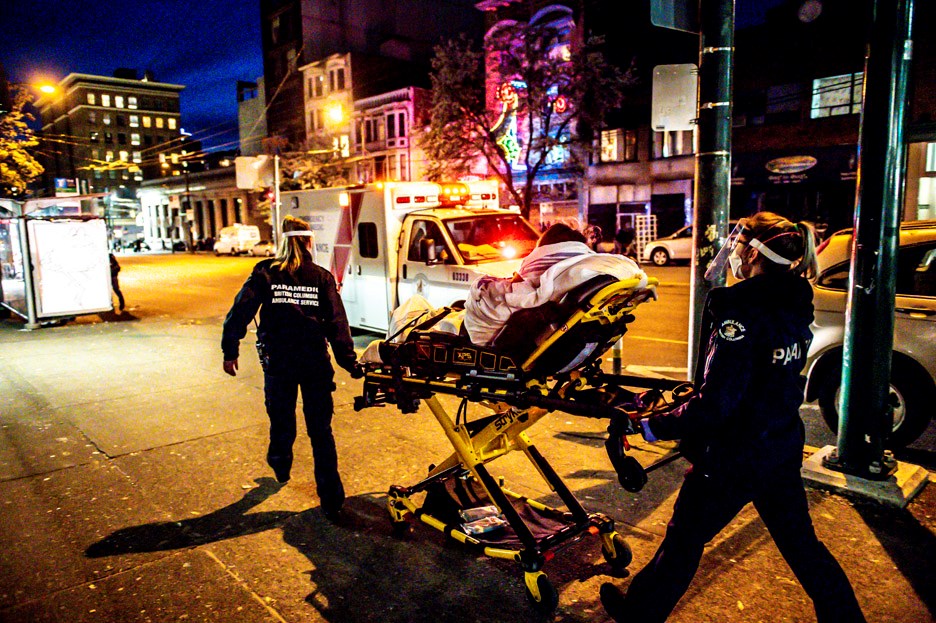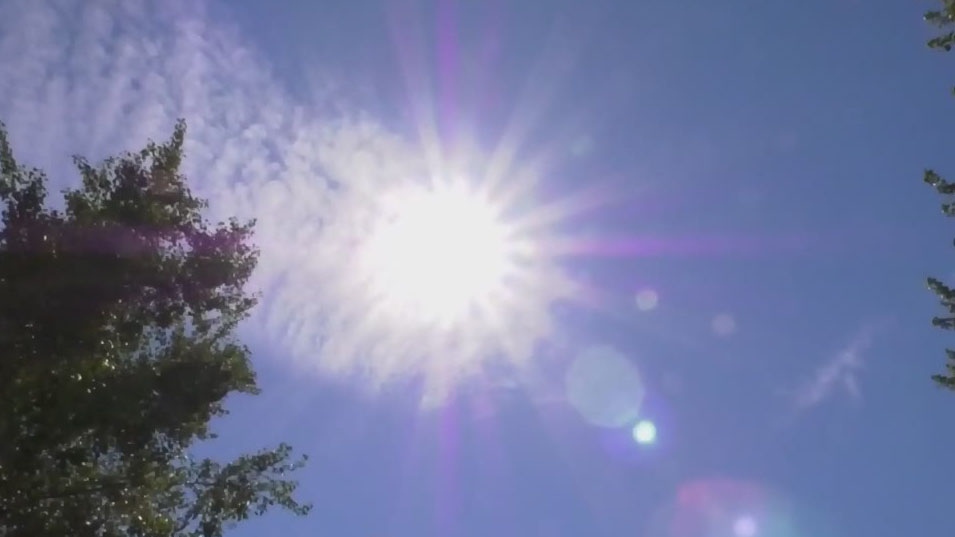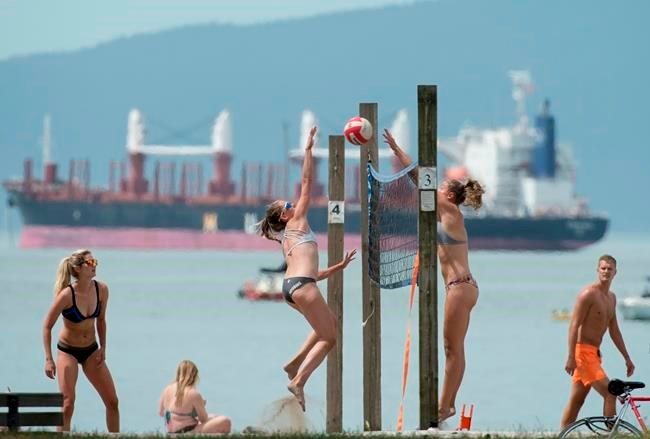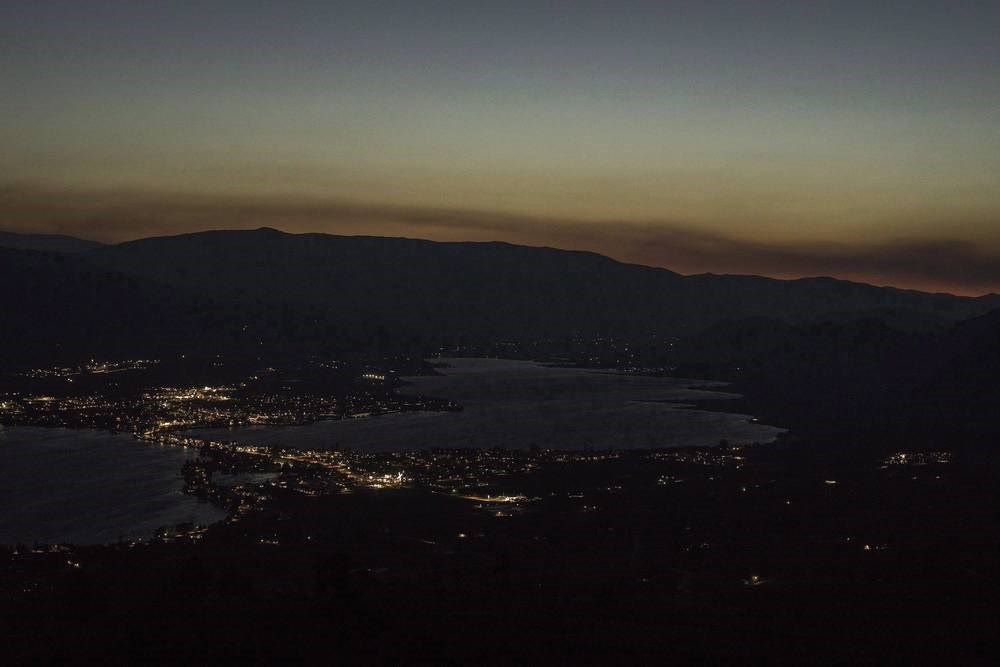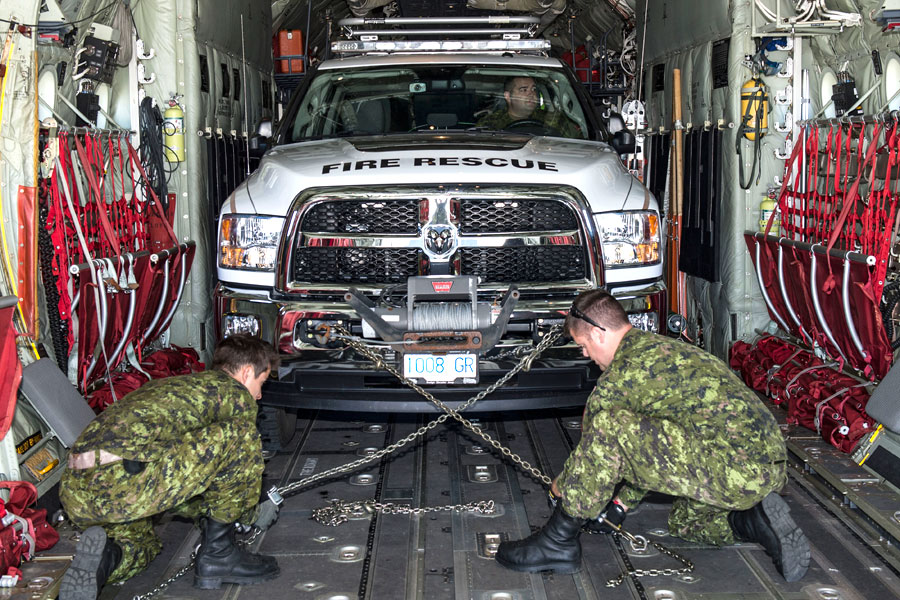State of emergency declared in BC, probably about 2 weeks late for some unknown reason and the press is hammering the Premier, and quite rightly so.
35 days since the last drop of rain, with nothing useful predicted for the foreseeable future for most of the southern part of the province and eastern Vancouver Island.
This is going to be bigger than 2017/18 apparently. OP LENTUS for everyone!
State of emergency declared in British Columbia over growing wildfires
British Columbia’s public safety minister is declaring a provincial state of emergency over the growing wildfire threat to prepare for potential mass evacuations and help secure accommodation that might be needed by evacuees.
Mike Farnworth said he made the decision based on information from officials that weather conditions will lead to more severe fire behaviour and the potential for more evacuations, citing the weather in British Columbia’s Interior region in particular.
“In a briefing last night, I received word that we’ll be facing a few days of very difficult weather in the Interior,” Farnworth said in a statement.
The state of emergency goes into effect on Wednesday and gives government agencies, the fire commissioner and the RCMP the authority to take whatever action they deem is necessary to fight the wildfires and protect people and communities.
Farnworth said he wants to assure B.C. residents that the province is deploying all available personnel and equipment to fight the fires.
“We have reached a critical point,” he told a news conference.
Nearly 300 fires were burning across the province on Tuesday, including several of them that were encroaching on communities that have issued evacuation orders or alerts.
The government said 40 evacuation orders affected about 5,700 people or almost 2,900 properties in the province. There were also 69 evacuation alerts affecting just under 33,000 people and about 16,000 properties. The alerts tell people they should be ready to flee their homes on short notice.
Continued hot and dry conditions are forecasted, with heightened wind activity in the Interior and southeastern B.C., the provincial government said.
VANCOUVER — British Columbia’s public safety minister is declaring a provincial state of emergency over the growing wildfire threat to prepare for potential mass evacuations and help secure accommodation that might be needed by evacuees.

www.timescolonist.com


